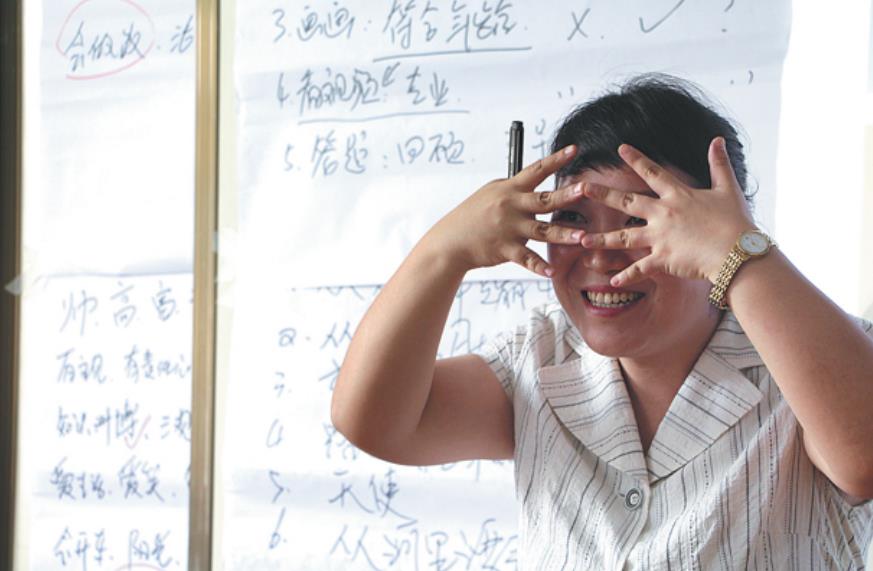'Masculinity' proposal prompts debate
By Yang Wanli | CHINA DAILY | Updated: 2021-03-15 09:57

What they say
The masculinity we talk about not only refers to physical appearance, it also means the hopes and expectations we have for young boys due to China's cultural background, such as being independent, confident and brave. Those traits suit both boys and girls: the girls can be braver and work harder, and the boys can be more loving and patient.
Xiao Jing, doctoral tutor in clinical psychology at Capital Normal University in Beijing
The Ministry of Education's decision to boost masculinity is based on gender discrimination and gender stereotypes. This type of education policy will encourage gender stereotypes and boost bullying and violence against students with nontraditional dispositions, gender identity and sexual orientation. I am worried that "feminine" boys and transgender students may face discrimination because of this policy.
Cui Le, doctoral student in gender and education studies at the University of Auckland, New Zealand
Although the Ministry of Education originally wanted to develop gender education for teenagers objectively, its proposal still stands for an outdated traditional view and its existence goes against the tide of history. To fight against discrimination based on gender, we need to overturn certain traditional ideas.
Liu Minghui, professor with the School of Law at China Women's University in Beijing
Our current education assessment system puts too much emphasis on grades, so teachers usually prefer obedient students who get higher grades, and they are the ones who usually receive more praise and attention. As a result, some children tend to suppress themselves and behave in a more obedient and submissive way and eliminate their masculinity. We need to reform the education evaluation system, so pupils can be who they are and have more diverse personalities.
Chu Zhaohui, senior researcher with the National Institute of Education Sciences in Beijing
I think more male teachers should be included in elementary and secondary schools-that can be done by letting decommissioned soldiers enter the education field-because the lack of male teachers in those schools tend to make the pupils less masculine. Although we should not label gender as 'masculine' and 'feminine', the two still need to be balanced well for the good of society. I also believe that providing children with sex education from an early age will help them cultivate gender consciousness.
Zhu Yongxin, member of the 13th National Committee of the Chinese People's Political Consultative Conference and vice-president of the Central Committee of the China Association for Promoting Democracy
























